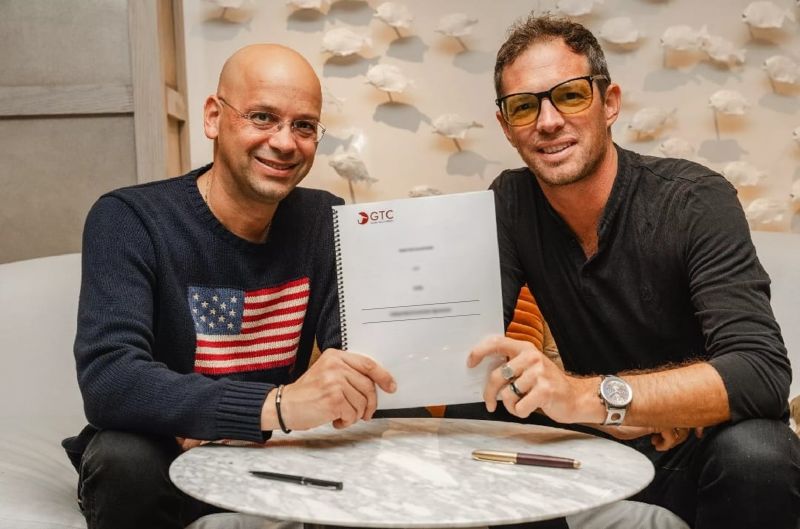These days, mobile network operators face significant challenges to secure their traditional revenue sources. Many enterprise segments have been negatively affected by the recent pandemic-related economic crisis, in many cases forcing enterprises to reduce or even shut down operations. And while many operators lost a massive part of their roaming revenues while new technologies like RCS and 5G might be dragging on longer than expected, the duration of the current crisis and the long-term impact on changes in consumer behaviour is hard to predict. Hence, a key question remains as to how to compensate for cash flow holes and secure revenues for other services over the next two years.
When it comes to traditional enterprise messaging, we see the market affected in different ways. Some industries, like tourism and transport, lost traffic simply due to fewer transactions. Others, such as home delivery services or online collaboration platforms, are clear winners and contribute to higher A2P messaging volumes. According to Mobilesquared’s latest study of the Impact of Covid-19 on Business Messaging, during April to Mid-June 2020, total traffic dropped by about 3 billion during the lockdown.
What strategic options do the operators have to secure the A2P messaging revenues?
Most likely, not that much has changed compared to the pre-pandemic crisis era. Operators continue to firewall their networks, mainly to continue increasing A2P SMS prices on a global scale. It becomes more interesting when it comes to mobile operator groups, since the number of possibilities increases. The groups have good reasons to put significant effort into exploiting synergies related to running multinational operations. Among the most popular initiatives are the centralization of operations and platforms, the launch of SMS group hubs, and the integration of A2P SMS into innovative multi-channel enterprise solutions. But other, rather basic service aspects should not be disregarded by the operators. The quality of service and the offered features should ideally correspond to the price level. Unfortunately, there are still operators increasing rates to high price levels without adjusting the service level accordingly. I don’t want to question the established price levels of 5-7c in many markets. Still, in my opinion, the service of a fairly-priced A2P SMS service should guarantee key features such as handset-originated delivery confirmation and the alphanumerical Sender Identity displaying the name of the SMS originating brand, which are both much appreciated by customers.

Shouldn’t the operator have a major interest in providing the best experience possible to enterprises? What would a company do if their SMS-related conversion rates are declining and frequent non-deliveries to their customers are on the rise? It will surely start thinking about alternative communication channels or authentication technologies. Which operator wants that? Surely none! But there is one service experience element that needs to be added. In most cases, the operators do not have international enterprises connected directly. Third parties, such as SMS aggregators, will be sending messages between the enterprises and the operators. That, as such, does not represent a problem unless the transiting third party is consciously or unconsciously manipulating the message to bypass any control mechanisms or billing rules implemented by the operator or forcing delivery failures to increase its own margins. So how should companies mitigate that risk? By connecting enterprises directly to operators. That would allow operators to optimize the service for brands and avoid further inflation of prices by transiting third parties. It would correspond to shortening the A2P SMS value chain and secure higher service control and margins.
Shouldn’t it be every operator and operator group’s ambition? Yes and no. Unfortunately, experience shows that productization initiatives within operators seem to end up in painful and complex multi-year projects, often not providing the expected outcome. Just remember the numerous operator OTT applications launched around 2010, such as Tu Me by Telefonica and Libon by Orange.
Our recommendation for all operators with the above ambition is to obtain support from an experienced and neutral consultancy firm that will support the project from the very beginning, starting with business case creation and implementing the technological solution and continuing through to the full productization and market launch.
Global Telco Consult (GTC) is a trusted independent business messaging consultancy with deep domain knowledge in application-to-person (A2P) services. GTC provides tailor-made messaging strategies to enterprises, messaging service providers, operators and voice carriers. We have expertise in multiple messaging channels such as RCS, Viber, WhatsApp, Telegram and SMS for the wholesale and retail industry.
GTC supports its customers from market strategy through service launch, running the operations and supporting sales and procurement. The company started in 2016 with a mission to guide operators and telcos to embrace new and exciting opportunities and make the most out of business messaging. For more information or industry insights, browse through our blog page or follow us on LinkedIn.



